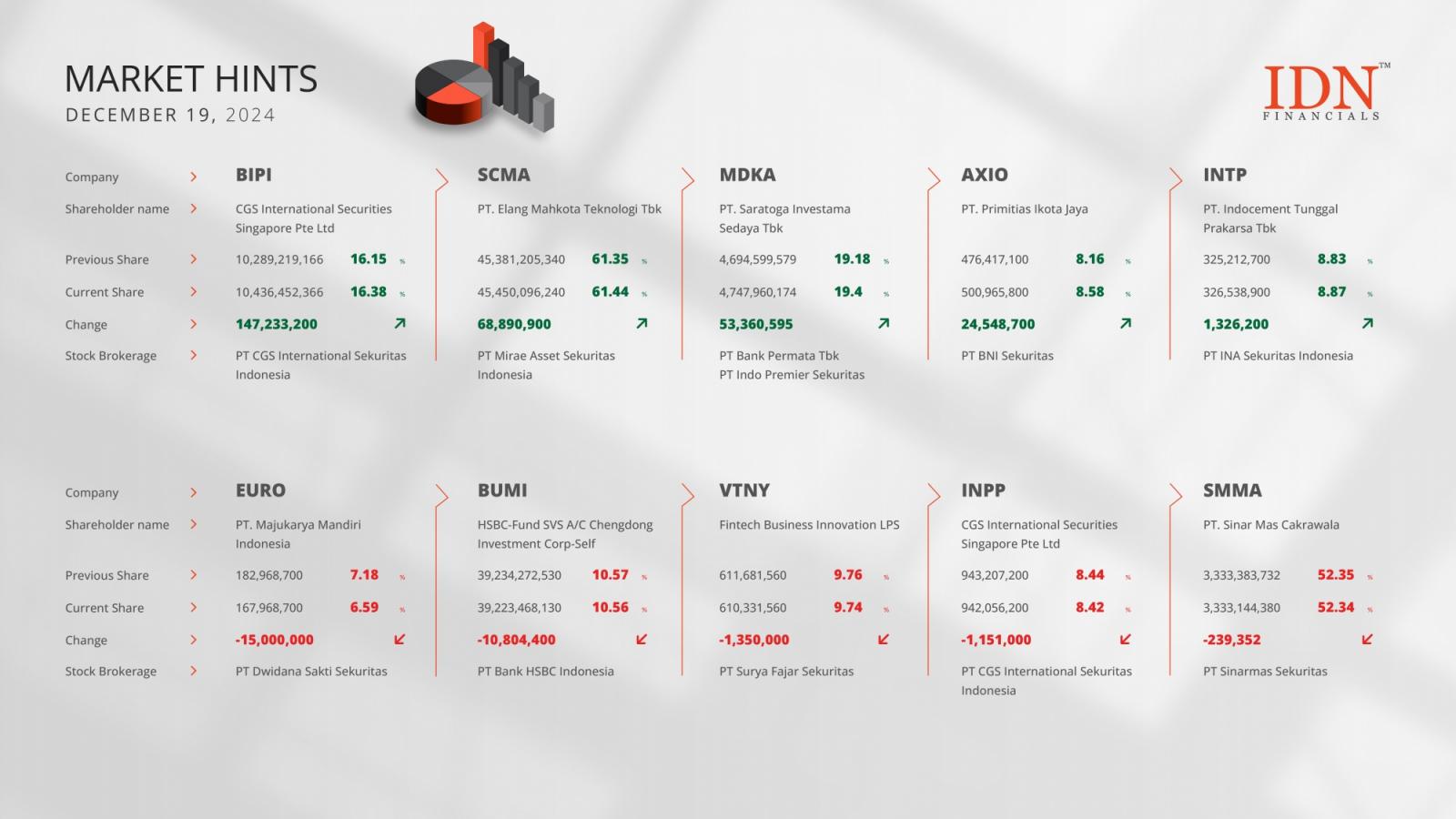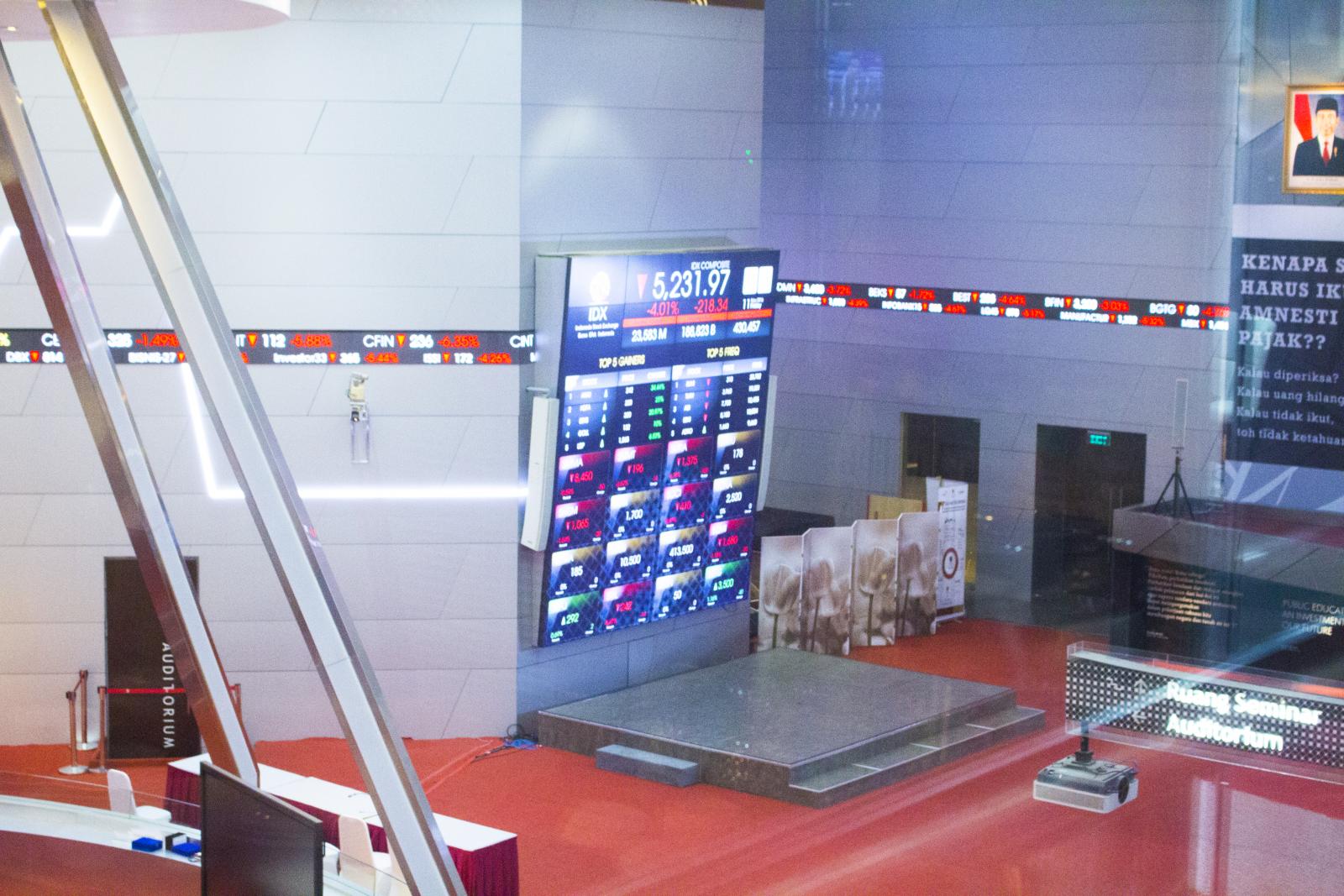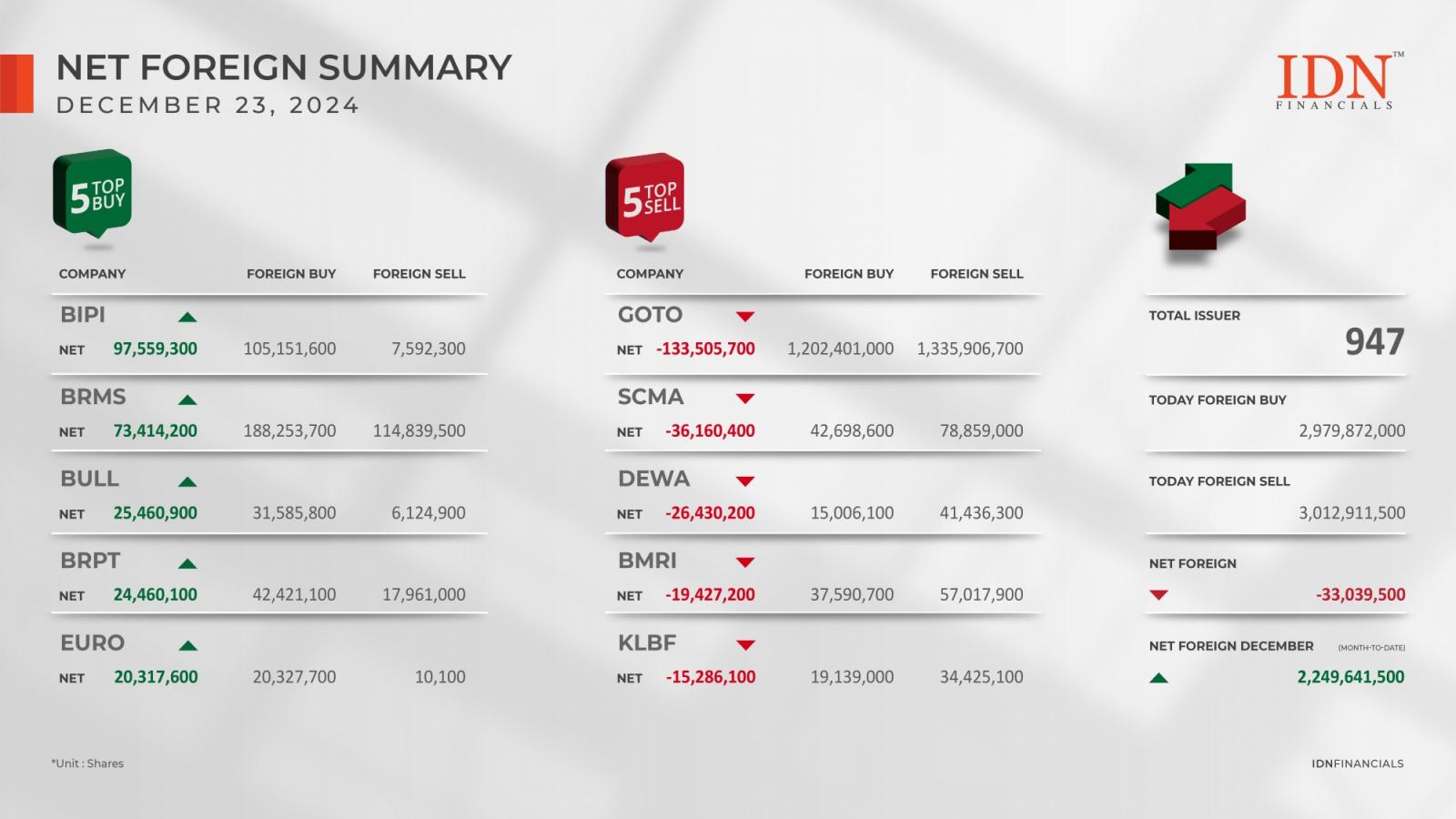
European stocks closed weak on Friday as the euphoria over the Federal Reserves jumbo interest-rate cut faded a bit, and investors shifted their focus to the latest economic data and the developments on the geopolitical front.
Automobile stocks declined sharply. Shares of luxury goods manufacturers also traded weak.
The pan European Stoxx 600 dropped 1.42%. The U.K.s FTSE 100 ended down 1.19%, while Germanys DAX and Frances CAC 40 lost 1.49% and 1.51%, respectively. Switzerlands SMI closed down 1.03%.
Among other markets in Europe, Austria, Belgium, Denmark, Finland, Netherlands, Poland and Turkiye closed with sharp to moderate losses.
Greece, Iceland, Norway, Spain and Sweden ended modestly lower. Portugal edged down marginally, while Russia closed higher.
In the UK market, Spirax Group, Frasers Group, Next, Melrose Industries, Antofagasta, Croda International, Prudential, Smith (DS), DCC, Mondia, Anglo Amerian Plc,IMI, Hikma Pharmaceuticals and RightMove lost 3 to 5%.
Burberry Group declined sharply following a rating downgrade by Jefferies.
National Grid climbed about 1.3%. Rolls-Royce Holdings, Hargreaves Lansdown and Phoenix Group Holdings edged up marginally.
In the German market, Mercedes-Benz dropped nearly 7%, weighed down by a downward revision in the companys financial forecast for the year due to deterioration of its business in China.
Sartorius, Puma, Brenntag, Infineon, Merck and Porsche lost 5.4 to 7%. Adidas and Deutsche Post ended down 4.3% and 4.1%, respectively.
Siemens Healthineers, BMW, Volkswagen, Continental, Daimler Truck Holding, Qiagen, Fresenius Medical Care, Siemens and Fresenius also declined sharply.
Deutsche Boerse, MTU Aero Engines, Siemens Energy, Zalando, E.ON and Commerzbank ended on a firm note.
In Paris, STMicroElectronics, Edenred, Eurofins Scientific, Capgemini, LVMH, Teleperformance, Stellantis, Kering, Hermes International, Renault, Essilor, LOreal, Airbus, ArcelorMittal, Vivendi and Saint Gobain lost 1.3 to 5%.
Engie, Safran, Orange, Credit Agricole and Unibail Rodamco closed higher.
On the economic front, Germanys producer prices registered an annual decrease of 0.8% in August, the same as in July, data from Destatis showed. The expected decline was 1%. Prices have been falling since July 2023.
The overall decline in August was largely due to lower energy prices, which were 4.6% cheaper compared to last year. Lower natural gas and electricity prices had the biggest influence on energy prices.
Month-on-month, producer prices rose slightly and at a steady pace of 0.2% in August, while prices were expected to remain flat.
The confidence among French manufacturers remained stable in September after strengthening in the previous month, monthly data from the statistical office INSEE revealed Friday.
The manufacturing sentiment index stood at 99.0 in September, the same as in August, and remained just below its long-term average of 100. That was in line with expectations.
UK retail sales grew more than expected in August as warmer weather boosted food and clothing sales, data from the Office for National Statistics showed. Retail sales grew 1% on a monthly basis in August, faster than the 0.7% rise in July. Sales were forecast to climb moderately by 0.3%.
A separate data from the Office for National Statistics said the UK government borrowing exceeded the official estimate and the debt hit 100 percent of GDP at the end of August. Public sector net borrowing increased GBP 3.3 billion from the previous year to GBP 13.7 billion in August. This was the third highest borrowing for August since 1993.





